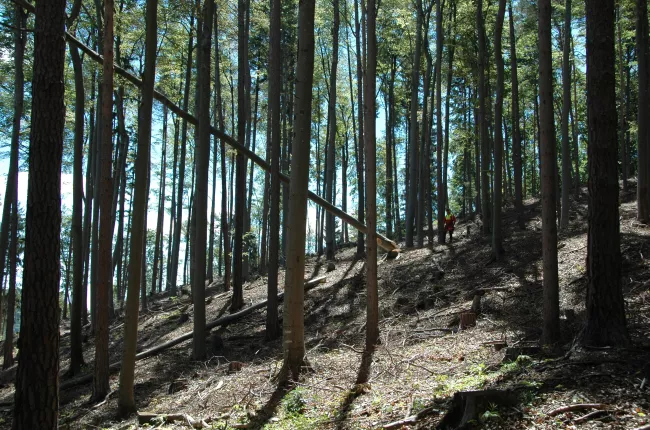On Tuesday 27 February 2024, the European Parliament adopted the provisional agreement on the Nature Restoration Law, with 329 votes in favour, 275 votes against, and 24 abstentions. The tight majority for adoption correlates with the doubts of European forest owners on the agreed text.
Following the provisional agreement on the Nature Restoration Law, European forest owners voiced significant concerns regarding the practicality and implementation of the legislation and its provisions.
The provisional agreement adopted by the European Parliament, has adopted an ill-suited one-size-fits-all approach to forest biodiversity in the EU. This approach simply cannot work and align with the diversity of European forests and their unique characteristics which was completely discarded in the course of the legislative process.
While European forest owners welcome the approach of prioritizing the Natura 2000 sites in the restoration efforts for habitat types outlined in Annex I of the Habitat Directive, there is a sense of disappointment that this necessary prioritization is limited only to the year 2030, with a hopeful expectation of a future revision of such a provision taking into account the importance of the restoration measures and actions in these areas.
While there have been improvements in certain provisions, the final legislation's outcome is both disappointing and disconcerting. Instead of maintaining a positive and feasible strategy to nature restoration, the final text of the law adopted an unstable and single path, disregarding the need for a tailored approach and practices to adapt to the diversity of European forests and their local challenges.
In waiting for the Council decision on the provisional agreement, European forest owners anticipate challenges in case of adoption due to insufficient financial support and ill design and objectives, making the law unfit for achieving the goal of sustainably restoring EU nature.




